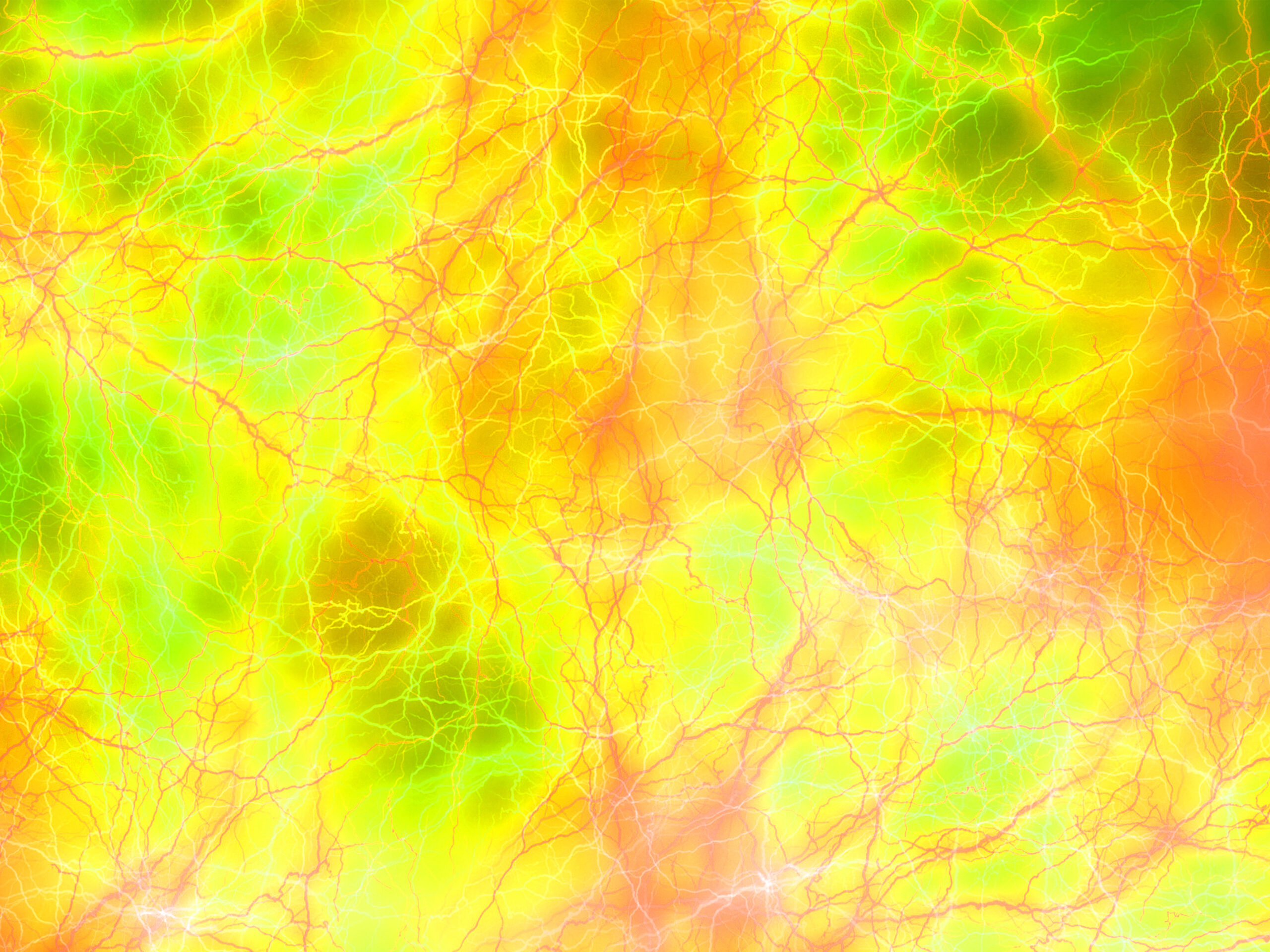Intrinsic factor (IF), cobalamin binding intrinsic factor, also known as gastric intrinsic factor (GIF), is a glycoprotein produced by the parietal cells (in humans) or chief cells (in rodents) of the stomach. It is necessary for the absorption of vitamin B12 later on in the distal ileum of the small intestine. In humans, the gastric intrinsic factor protein is encoded by the CBLIFgene.
- Pocock G, Richards C (2006). Human Physiology: The Basis of Medicine (3rd ed.). Oxford University Press. p. 230. ISBN 978-019-856878-0
- “CBLIF – Cobalamin binding intrinsic factor precursor – Homo sapiens (Human) – CBLIF gene & protein”. www.uniprot.org. Retrieved 15 March 2022.PMID 22116708.
Haptocorrin (transcobalamin I) is another glycoprotein secreted by the salivary glands which binds to vitamin B12. Vitamin B12 is acid-sensitive and in binding to haptocorrin it can safely pass through the acidic stomach to the duodenum.
- Fedosov SN (2012). “Physiological and molecular aspects of cobalamin transport”. Water Soluble Vitamins. (review). Subcellular Biochemistry. Vol. 56. pp. 347–67. doi:10.1007/978-94-007-2199-9_18. ISBN 978-94-007-2198-2.
In the less acidic environment of the small intestine, pancreatic enzymes digest the glycoprotein carrier and vitamin B12 can then bind to intrinsic factor. This new complex is then absorbed by the epithelial cells (enterocytes) of the ileum.
- Fedosov SN (2012). “Physiological and molecular aspects of cobalamin transport”. Water Soluble Vitamins. (review). Subcellular Biochemistry. Vol. 56. pp. 347–67. doi:10.1007/978-94-007-2199-9_18. ISBN 978-94-007-2198-2. PMID 22116708.
Inside the cells, vitamin B12 dissociates once again and binds to another protein, transcobalamin II; the new complex can then exit the epithelial cells to be carried to the liver.
- Alpers DH, Russell-Jones G (May 2013). “Gastric intrinsic factor: the gastric and small intestinal stages of cobalamin absorption. A personal journey”. (review). Biochimie. 95 (5): 989–94. doi:10.1016/j.biochi.2012.12.006. PMID 23274574.








